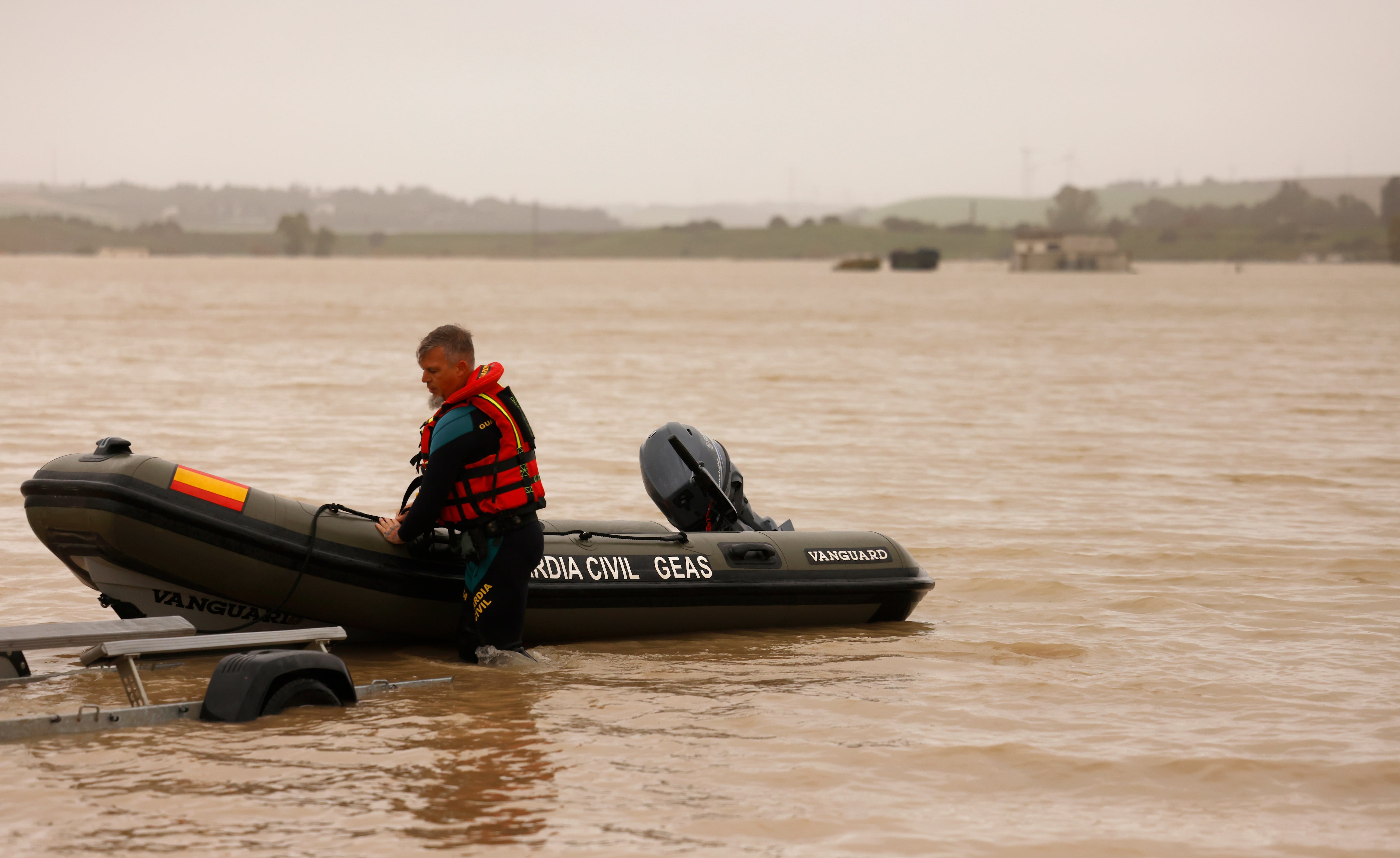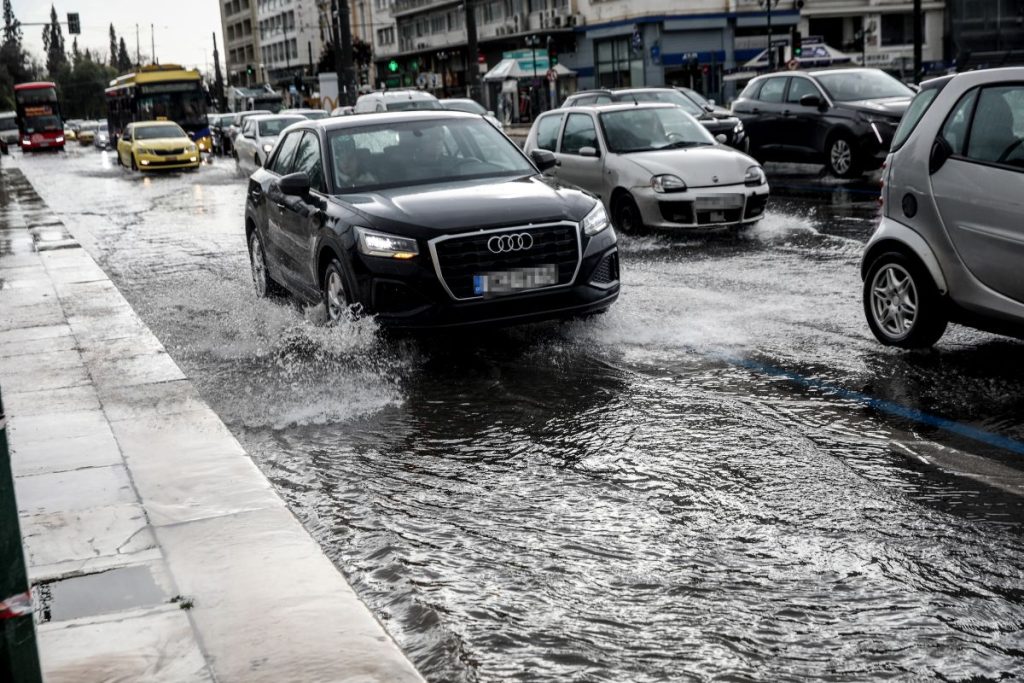Environment
Authorities evacuated more than 3,000 people in southern Spain and issued red alerts as Storm Leonardo brought torrential rain, cut roads and rail links and suspended schools in Andalusia.

Meteorological services in Ireland and Greece warned of heavy rain, flooding risk and thunderstorms across southeast Ireland, Dublin and parts of Greece, prompting Irish authorities to go on alert.

Cuba's western province of Matanzas recorded a record low temperature of 0°C, the Cuban meteorological institute said, with meteorologists attributing the drop to a strong North American cold front.


